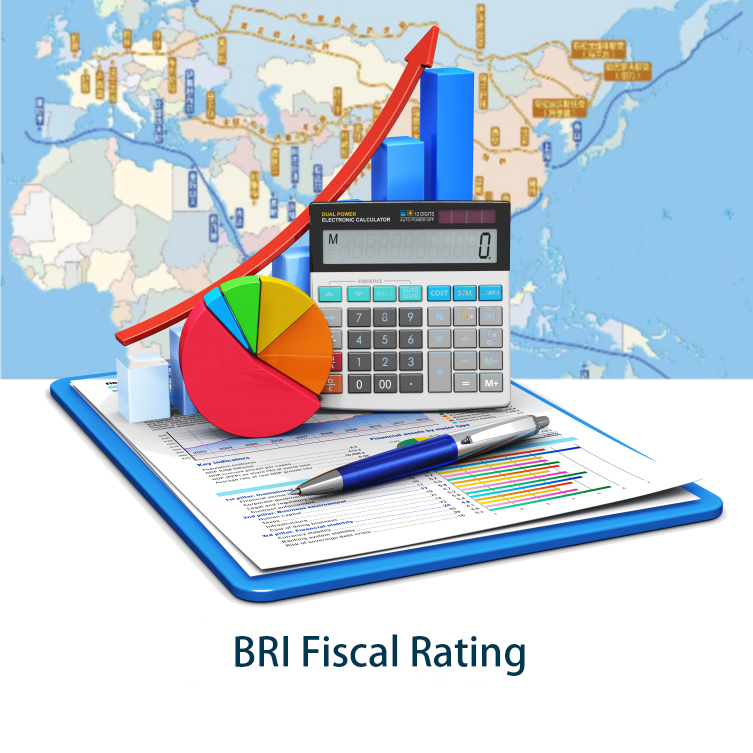China 2023 Growth Forecast Revised Up to 5%
Fitch Ratings has revised its forecast for China’s economic growth in 2023 to 5.0%, from 4.1% previously, reflecting evidence that consumption and activity are recovering faster than initially anticipated after the authorities moved away from their “dynamic zero Covid-19” policy stance in late 2022. The large wave of Covid-19 infections that followed the authorities’ change of approach appears to be subsiding, based on public communications from health officials and improving mobility trends.
Many high-frequency indicators remain below pre-pandemic norms, but have recently rebounded in sequential terms. The services PMI jumped to 54.4 in January 2023 from 41.6 in December 2022, for example. The swift rebound from the Covid shock-wave means that activity in 1H23 will be stronger than we had forecast. Real GDP growth was also higher in 4Q22 than we had expected when our last forecast was published on 5 December 2022, so the recovery will come off a firmer base.
We believe the economic recovery will be primarily consumption-led, as households re-engage in activities previously hampered by health controls. Consumption contributed a mere 1pp to GDP growth last year, compared with a pre-pandemic average of around 4pp. The sharp acceleration in household deposit growth recorded over 2022 could support even faster “catch-up” consumption than we now anticipate. However, we believe abnormally high deposits from 2022 will not be deployed exclusively toward consumption, as they also reflect a reallocation of assets away from property and other investments that may revert in 2023.
Despite the forecast upgrade, we expect the economic rebound in 2023 to be less vigorous than that in 2021, when China’s economy posted GDP growth of 8.4%. This reflects in part ongoing weakness in the property market, which showed little evidence of an improvement in sales or housing starts in late 2022, despite a build-up of incremental policy support. Residential floor space under construction was down by 46% yoy in December 2022, pointing to continued project delays.
We also expect net trade to be a drag on GDP growth in 2023, as a rebound in overseas travel by Chinese consumers will lift services imports, while export demand will be depressed by economic slowdowns in the US and Europe.
The lagged effects of policy support for growth are likely to be modest. There were only two small cuts to banks’ required reserve ratios and policy interest rates in 2022. In line with this, credit growth remains lacklustre, with Fitch-adjusted aggregate financing to the real economy slowing to 9.4% in December 2022, from 10.8% in June 2022.
The direction of fiscal policy remains uncertain ahead of the National People’s Congress in March. We do not expect large consolidation this year, given the authorities’ recent emphasis on growth and stability. On a Fitch-consolidated basis, we forecast a budget deficit of around 7% of GDP in 2023, down from an estimated 8% in 2022. This will still be well above its pre-pandemic trend.
Announcements at the Congress may also clarify the authorities’ other policy priorities as they move on from the urgent challenges posed by the pandemic. We believe stabilising the recovery will remain the key focus in the near term, but do not anticipate aggressive macro-policy easing.
Fitch affirmed China’s sovereign rating at ‘A+’ with a Stable Outlook in December 2022. At the time, we stated that the recurrence of abrupt policy shifts that undermine economic performance and keep growth volatility elevated could lead to downward rating pressure, as could a sustained upward trajectory in government debt/GDP.





















































First, please LoginComment After ~